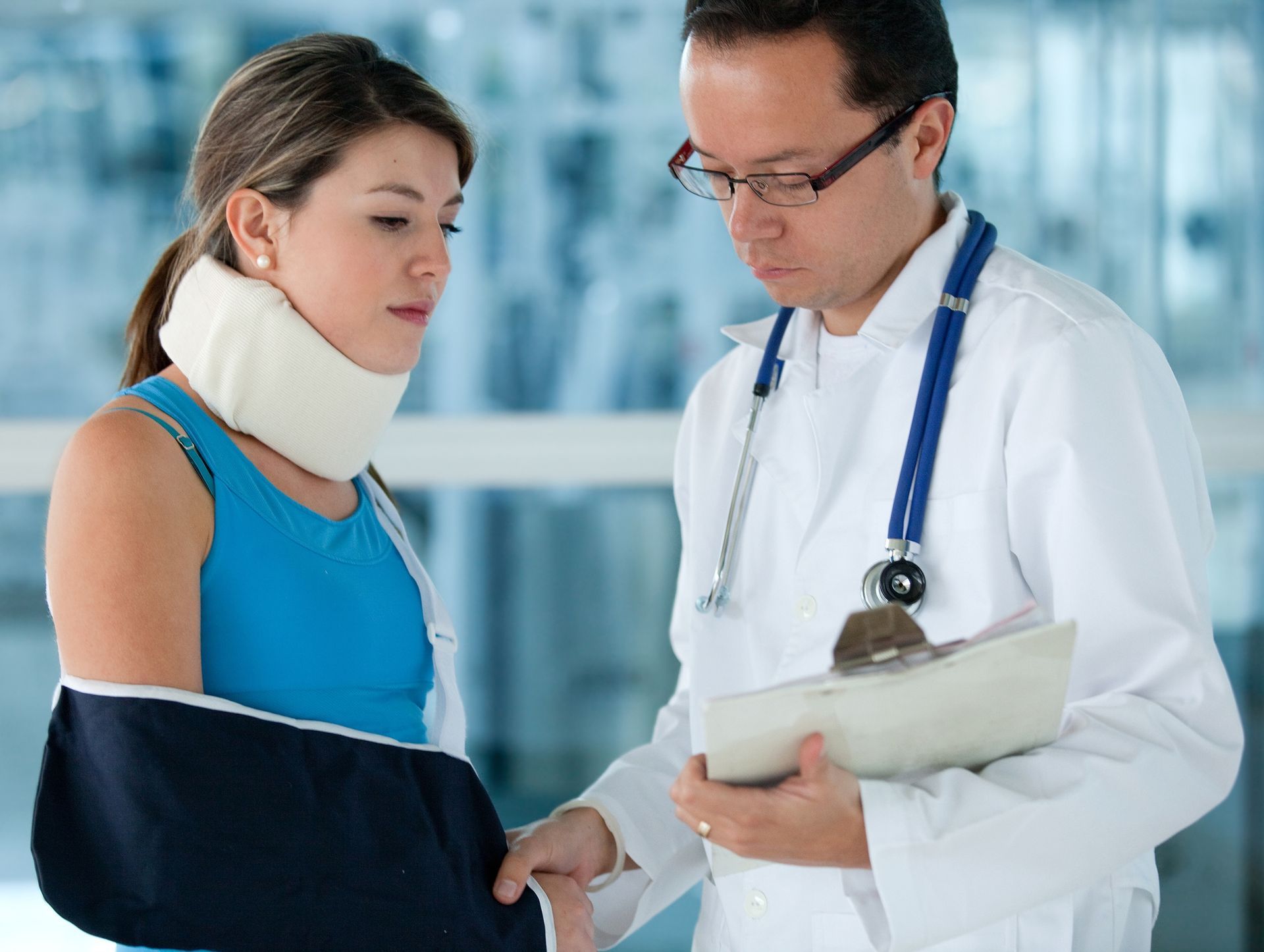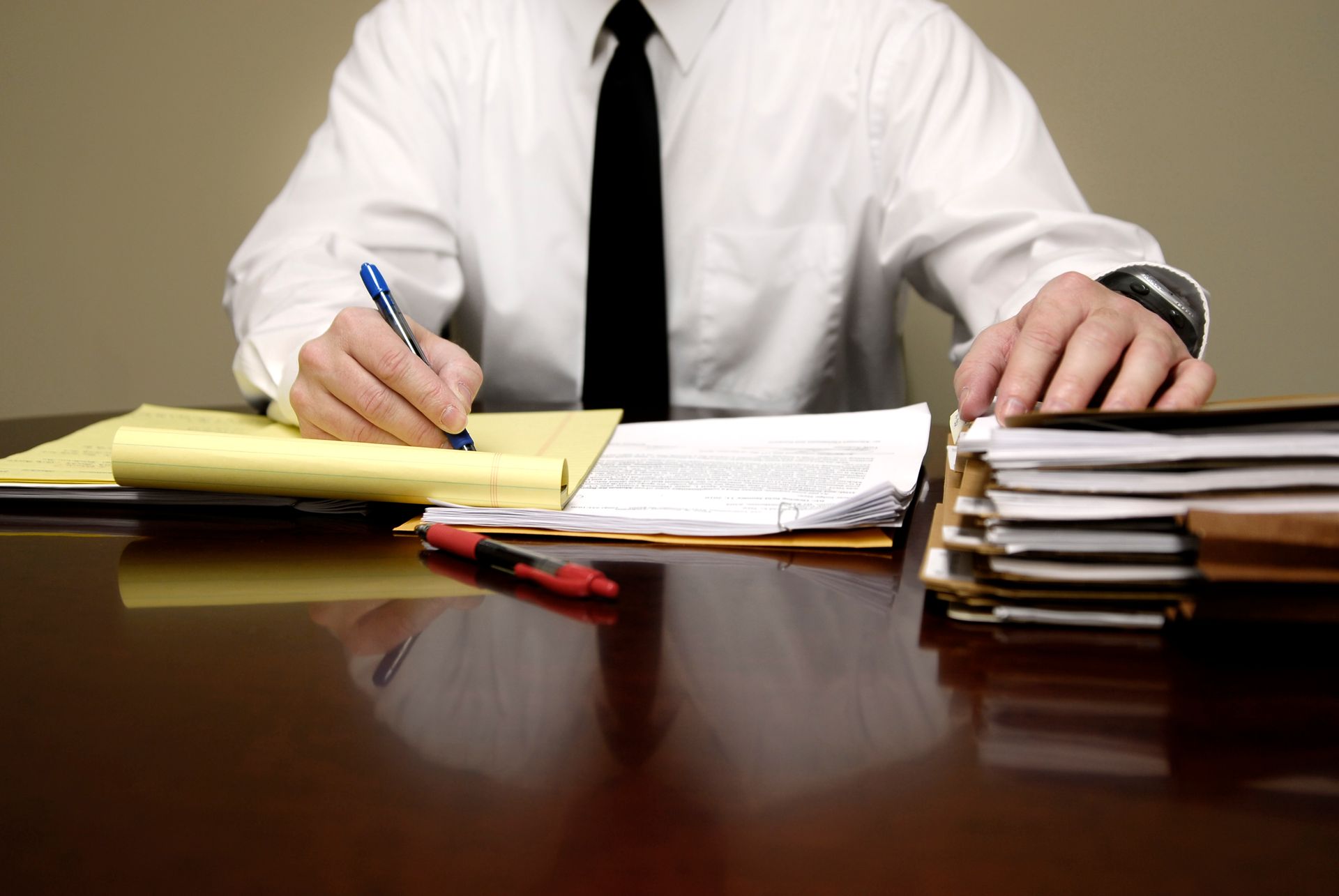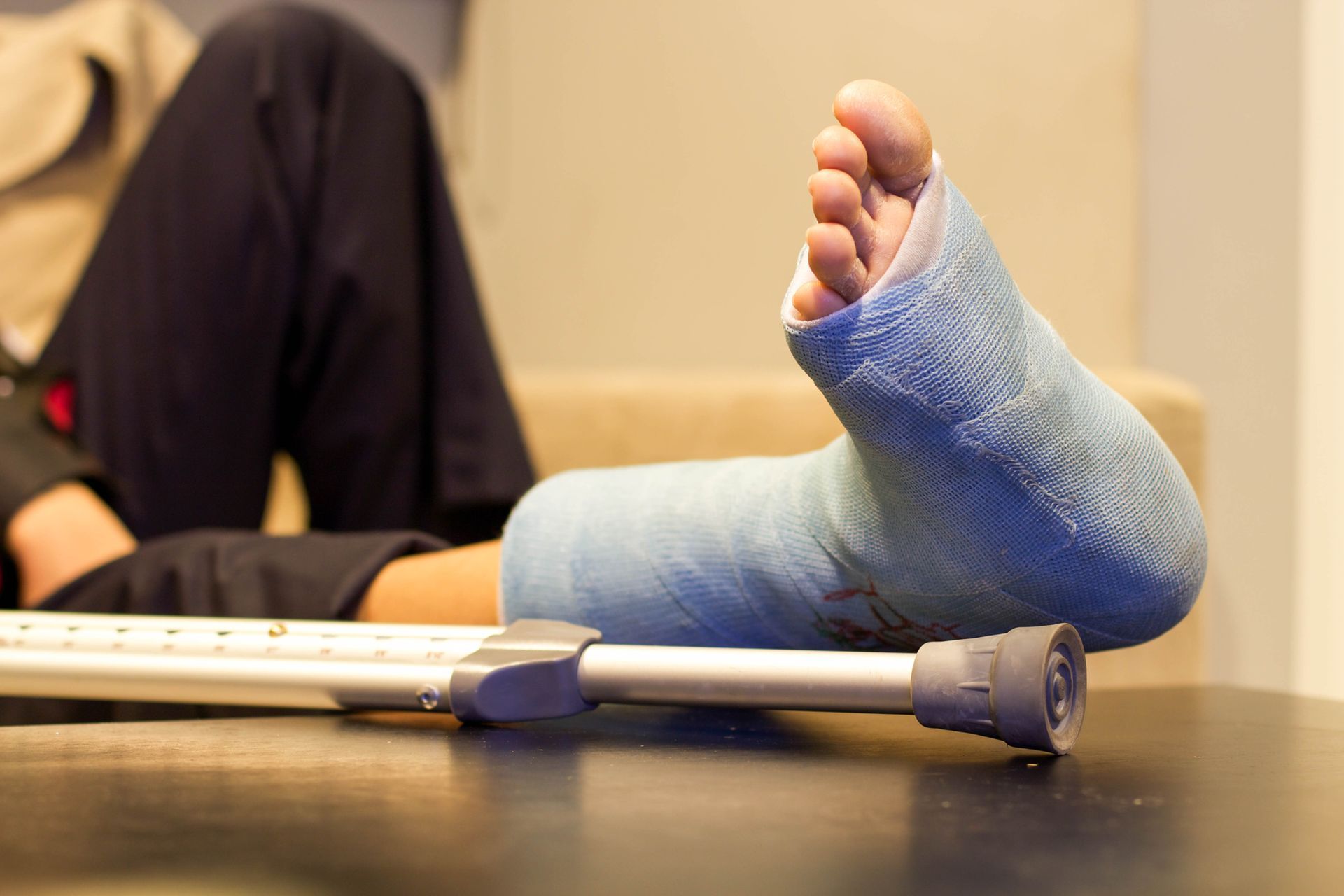A Guide to Navigating a Slip-and-Fall Injury Case

Slip-and-fall accidents can be a shocking and painful experience. From the moment you lose your footing to the potentially complex legal aftermath, each step of the process can feel overwhelming. If you or someone you know has recently experienced a slip-and-fall injury and you're considering your legal options, this comprehensive guide is for you. We'll walk you through the important details you should know about slip-and-fall injury cases, including what to do immediately after an incident, how to gather evidence, and what you can expect during the legal process.
Understanding Slip-and-Fall Injuries
Before we jump into the legal framework, it's crucial to understand the nature of a slip-and-fall injury. The term covers a wide range of accidents, from tripping on uneven pavement to slipping on a spill in a supermarket. Typically, these incidents occur due to hazardous conditions that could have been prevented.
It's also important to recognize the severity of the injuries that can result. While some may only sustain minor bruises, others can experience fractures, head trauma, or spinal cord injuries, often leading to extensive medical treatment and lasting effects.
Immediate Steps After a Slip-and-Fall Accident
Right after a slip-and-fall incident, your focus should be on your immediate health and safety. Here's what to do:
- Seek Medical Attention: The most urgent step is to get medical help. Even if you don’t feel injured at the time, some symptoms may not appear until later. It's best to get a comprehensive evaluation as soon as possible.
- Report the Incident: If your fall occurred on someone else's property, notify the property owner or manager immediately. Ask for a written report, and make sure to keep a copy for your records.
- Document the Scene: Take pictures or videos of the location where the incident happened. Try to capture any hazards that were present, such as icy patches, loose flooring, or inadequate lighting.
When Should You Contact a Lawyer?
It's a good idea to speak to a personal injury lawyer if:
- You're unsure whether you have a case.
- You believe the accident was caused by someone's negligence.
- You're facing pushback from an insurance company in covering your medical bills or other losses.
- You find the legal process too complex to handle on your own.
A lawyer can provide you with the expertise and guidance to pursue your claim effectively.
The Legal Process for Slip-and-Fall Claims
The legal process for slip-and-fall injury cases typically follows these general steps:
- Filing a Complaint: Your lawyer will help you draft a formal complaint detailing the facts of the accident and your injuries.
- Discovery: Both sides will gather evidence and exchange information that will be used to build their cases.
- Negotiation: Most cases are settled out of court through negotiation between your lawyer and the defendant's legal team.
- Trial: If a settlement cannot be reached, your case will go to trial, where a judge or jury will decide the outcome.
Factors That Affect the Outcome of Your Case
Several key factors can influence the outcome of your slip-and-fall case, such as:
- The strength of your evidence.
- The clarity of the hazardous condition that caused your fall.
- The role your actions played in the incident, such as whether you were distracted or not paying attention.
- The degree of responsibility the property owner had in maintaining a safe environment.
Proving Negligence in a Slip-and-Fall Case
To win a slip-and-fall case, you need to prove that the property owner was negligent. This means showing that they knew, or should have known, about the hazardous condition and failed to take appropriate action to prevent accidents.
Your lawyer will help establish this negligence by examining the following:
- The property's maintenance records
- If there was a history of similar accidents
- If the property owner had any warnings or procedures in place to prevent the hazard
Compensation for Slip-and-Fall Injuries
If your case is successful, you may be entitled to various types of compensation, including:
- Medical expenses
- Lost wages
- Pain and suffering
- Rehabilitation costs
- Any other related expenses or losses
Be Aware of the Statute of Limitations
It's important to be aware of the statute of limitations for personal injury cases in your state. This is the time period within which you're allowed to file a lawsuit after the date of your accident. If you miss this deadline, you may forfeit your right to seek compensation.
Navigating a slip-and-fall injury case can be daunting, but with the right information and legal support, you can effectively pursue the compensation you deserve. If you have sustained a slip-and-fall injury, contact our office today.











































































